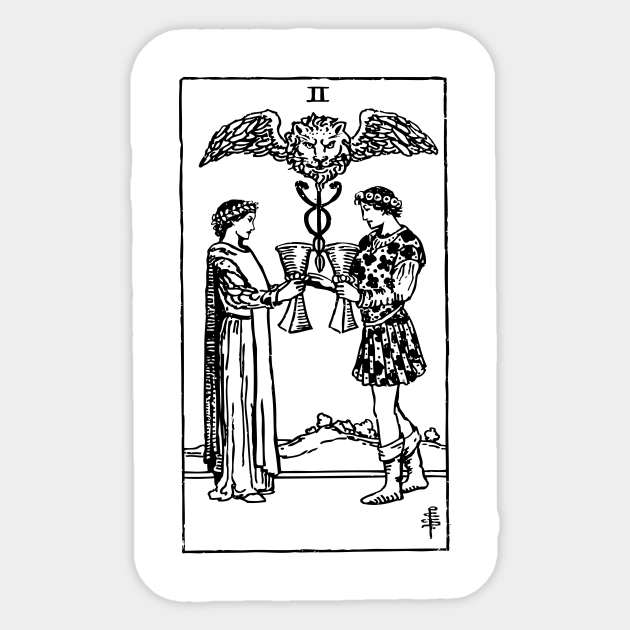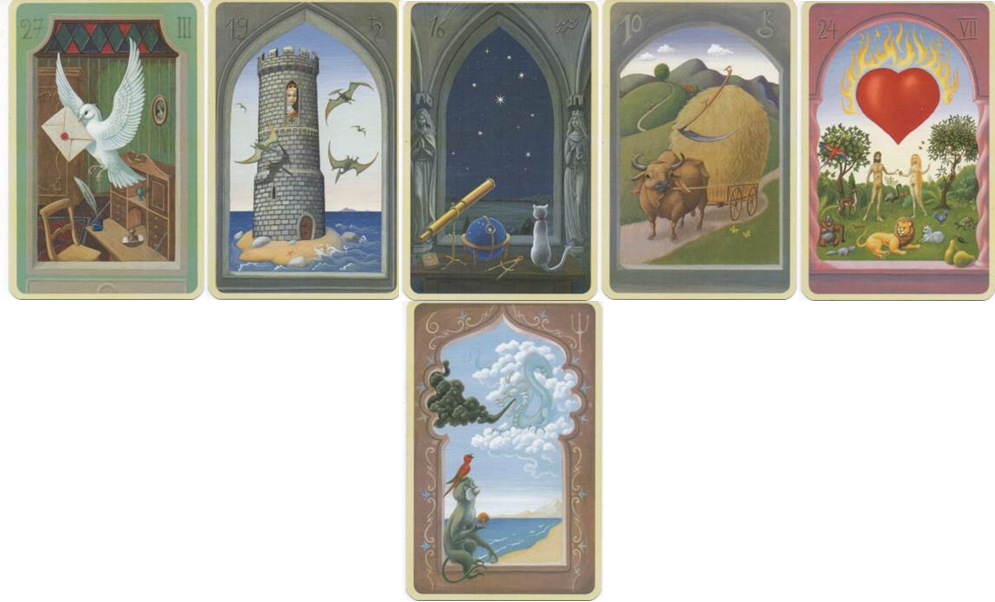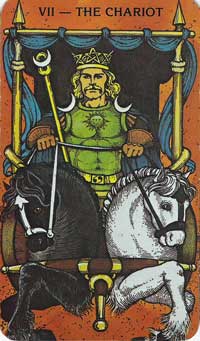
A cold reading is a form o public speaking, where you read aloud an entire text or script. It is a well-known technique in the performing arts especially in the theatre. This is a great way to improve your communication skills and impress an audience. It is also known by the name "theatrical listening". In addition to being an effective tool for public speaking, cold reading is also an excellent way to develop confidence.
Techniques
Cold reading involves a range of techniques. These include observing body language and the details of the conversation. During the reading, try to gather details about the subject's lifestyle and concerns. It's also possible to observe their reactions to your statements. You can then refine your statements using the results.
In addition to using a variety of techniques, you can also create a win-win situation by making a contradictory statement about the subject's behavior. These situations are often created by mentalists who create statements that seem contradictory. An example of this is to present the subject with a hidden statement about an emotion. This method works because the subject likely has experienced both sides.
Audience selection
Target potential customers by their interests. Your ad can be targeted to the people most likely to buy your product. To get the best out of your ads, you can use demographic targeting.

Cold reading is a skill that requires you to be able make an impression on the audience. Many candidates who audition for the job keep their eyes on their scripts, and don't make eye contact at all with their audience. Instead of doing this, hold the script in one hand while making eye contact and reading with your audience. Make sure to turn the page quickly. You may also want to fold the corner of the page so that you can turn it easier.
Body language
Cold reading is an art of interpreting people's nonverbal signals, and deciphering their intentions without speaking to them. This skill can be especially helpful when you want to gauge someones level of confidence. It helps you adapt to different situations. Although many people believe that body language is the same as cold reading, it's not always true.
In reality, cold readers make a lot of generalizations about the person they're reading. The majority of the information they provide is accurate. However, it can also make the reader feel evocative or provocative. You need to be attentive to their body language and adjust the statement to suit their response. A cold reader might make a joke about a relative who has died, while a more serious statement about the person’s relationship with a former partner could be more accurate.
False Signals
Cold reading can detect false signals in two ways. The subjective validation is the most common, while objective validation is more reliable. Both methods require a certain amount of training and experience. A versatile repertoire is essential for any cold reader. A good cold reader should have the ability to identify people in different mental states.
Cold readers are able to ask as many questions as they like in order to gather as much information as possible. Then, they will repeat or modify the answer and use that to guide them for the next question.

Preparation
Cold reading auditions are something you need to be ready for as a performer. Cold readings don't require script study but it is important to do your research on the subject matter so you know what questions will be asked. This will help you connect with the material and become familiar with the characters, storyline, and company. You can even prepare by reading some material in front of others in order to practice.
Actors shouldn't get stiff when preparing to read cold auditions. Actors communicate with their bodies as much as with their words. Therefore, it is important to use gestures that convey the right emotion for the role.
FAQ
What are good hobbies for seniors?
Senior citizens need to find things they like doing. Active seniors should take up sports and other physical activities.
They might be interested in joining clubs that offer similar interests. This will make them less lonely as they age.
Seniors should also keep up with the latest trends. For example they could keep up to date with fashion, art music, literature, politics, and so forth.
What are the competitive hobbies?
Running, swimming, cycling and tennis are all competitive sports.
These games are often played by people who enjoy exercise but also offer the opportunity to interact with others.
You will probably find people around you who have the same hobby as you, if you are into physical activity.
This could be as simple as joining a sports club where you play regularly together.
You could also opt to take part in team games that involve playing alongside others.
These include cricket, football, netball, hockey, netball, soccer, rugby, cricket, rugby, batsball, hockey, volleyball, badminton squash, handball and table tennis.
There are many kinds of competition.
Some competitions exist solely for recreational purposes.
Others are meant to test competitors' skills.
Some are even designed to reward outstanding performance.
In these cases, winners receive prizes.
Other competitions are intended to test strength and stamina.
These are known endurance events.
For example, marathon races, triathlons, Ironman Triathlon, etc.
Before participating in these events, athletes often train hard.
They will follow a strict training program to prepare themselves mentally and physically.
They may need to spend some time out of their home for preparation.
It's important not to forget that not all athletes are able to compete in every type event.
What are educational hobbies, you ask?
An educational hobby is a activity that allows you to learn by doing it. It could be anything, from playing sports to learning how an instrument is played.
You should have fun with it. You don't have to do it all the time, but if you find yourself getting bored, then you need to think about what else you could be doing instead.
You should also make sure that you are not spending too much money on these activities. It could end up costing your more than it's worth.
What's a hobby?
A hobby for kids is any activity they like to do as part of their normal daily routine. You might find them interested in drawing, building things, painting, writing stories, playing with toys, listening to music, reading books, watching TV, and playing computer games. They may also like to play soccer, football, basketball, cricket, rugby, baseball, and hockey.
Many parents worry that their children will get into trouble if they're allowed to do whatever they want. This isn't necessarily true, though. This is true even if your child isn't causing harm to anyone or their own safety, then they won't be in trouble.
It is important to remember that people may not always choose to do what they enjoy. If they dislike writing but enjoy drawing pictures, they might opt to draw pictures.
There are many hobbies to choose from, so it's up you to find the one that interests you most.
What are observation hobbies?
Observation hobbies are activities where you observe people doing what they do. This could be watching sports, reading books or going on holiday. It could also include observing others.
Observation hobbies can be very beneficial because they allow you to learn how creative thinking works. You can use this knowledge later when you're working on projects for yourself or others.
You'll discover that it's easier to learn if there's a passion for something.
For instance, if football is something you are interested to know about, you can watch the game or read a book. If you want to learn more about photography, you could take or visit exhibitions.
You could also buy a guitar or play along online to music if you are a musician.
You can cook your own meals, or you could go to a restaurant.
If gardening interests you, you could plant vegetables or flowers.
If dancing is something you enjoy, join a dance class.
If you enjoy painting, you might paint pictures.
If you like writing, you could write stories or poems.
You could also draw pictures if you enjoy drawing.
You could work as a caretaker or keeper at a zoo if you are passionate about animals.
If science is your passion, you might choose to study biology or chemistry.
History is something you might enjoy if you read books, watch movies, or listen to podcasts.
If you enjoy travelling, you might consider exploring your local area or traveling abroad.
Statistics
- Studies show that just six minutes of reading can reduce stress levels by 60 percent. (oberlo.com)
- 37% Video Games 36% Travel 36% Health and Fitness (quizexpo.com)
- This 100% accurate personality-analyzing hobby quiz discovers your passion based on your characteristics. (quizexpo.com)
- A new survey by Pew Research Center of teens ages 13 to 17 finds that 36% of girls feel tense or nervous about their day every day; 23% of boys say the same. (pewresearch.org)
- Much of this decline reflects the fact that teens are less likely to work today than in the past; among employed teens, the amount of time spent working is not much different now than it was around 2005. (pewresearch.org)
External Links
How To
How to Begin Baking
Baking is the process of making food from flour and eggs, sugar, butter, and other ingredients. Baking uses flour, fats, sugars leavening agents and salt as the main ingredients. This article will show you how to make bread. Common ingredients such as wheat flour, yeast and milk powder, eggs whites, butter, oil, salt, honey, and olive oil will all be used.
To bake bread, you need to mix these ingredients together. First, add the dry ingredients, flour, yeast, and salt to your mixing bowl. Then, add your wet ingredients (milk powder, eggs white). Mix all ingredients together. Add the honey and mix the dough. Knead the dough for about 30 seconds. Let the dough rise for 30 minutes. After rising the dough should be firm and elastic. Roll the dough out and place it on a baking tray. Bake at 180°C 15 minutes.